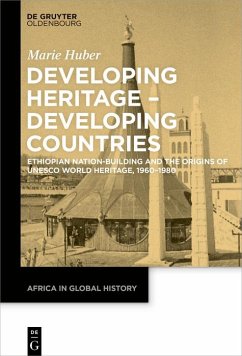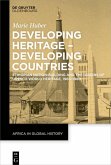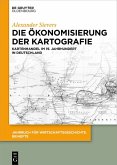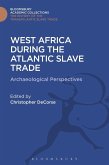The history of development has paid only little attention to cultural projects. This book looks at the development politics that shaped the UNESCO World Heritage programme, with a case study of Ethiopian World Heritage sites from the 1960s to the 1980s. In a large-scale conservation and tourism planning project, selected sites were set up and promoted as images of the Ethiopian nation. This story serves to illustrate UNESCO's role in constructing a "useful past" in many African countries engaged in the process of nation-building. UNESCO experts and Ethiopian elites had a shared interest in producing a portfolio of antiquities and national parks to underwrite Ethiopia's imperial claims to regional hegemony with ancient history. The key findings of this book highlight a continuity in Ethiopian history, despite the political ruptures caused by the 1974 revolution and UNESCO's transformation from knowledge producer to actual provider of development policies. The particular focus on the bureaucratic and political practices of heritage, bridges a gap between cultural heritage studies and the history of international organisations. The result is a first study of the global discourse on heritage as it emerged in the 1960s development decade.
Dieser Download kann aus rechtlichen Gründen nur mit Rechnungsadresse in A, B, BG, CY, CZ, D, DK, EW, E, FIN, F, GR, HR, H, IRL, I, LT, L, LR, M, NL, PL, P, R, S, SLO, SK ausgeliefert werden.









